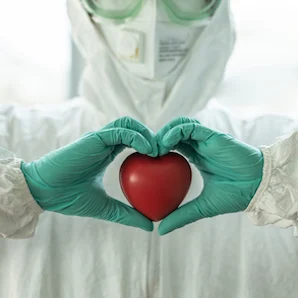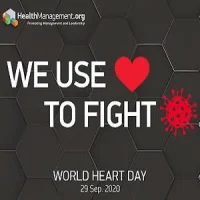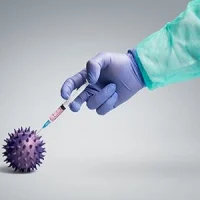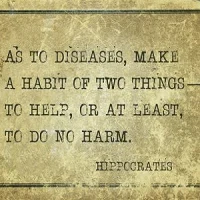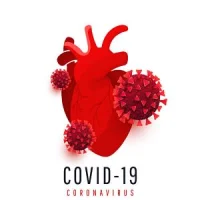Some patients infected with COVID-19 suffer from lung and heart damage. Some of these patients require admission to the ICU with support from mechanical ventilation and the use of inotropic medications. Even after discharge, some of these patients remain symptomatic. However, findings from a new study show that even though some patients with COVID -19 suffer from long-term heart and lung damage, the symptoms may improve with time. The study was conducted with 86 patients enrolled between April and June and findings were presented at the European Respiratory Society International Congress.
Researchers in the Tyrolean region of Austria where the COVID -19 pandemic had hit hard, recruited coronavirus participants admitted with symptoms to the University hospital. In the study the average age of 86 patients was 61. 65% of the study participants were males. Nearly 50% of the patients were former or current smokers and 65% of the patients admitted with COVID -19 were obese or overweight. Eighteen (21%) patients had been in an intensive care unit and 16 (19%) required mechanical ventilation. The average length of stay in the hospital was 13 days.
After treatment in the hospital, the patients were followed up in the clinic at 6, 12, and 24 weeks. During each visit, a clinical exam was performed followed by laboratory testing, arterial blood gas, lung function tests, echocardiogram, and CT scan of the chest.
Results
During the first clinic visit, more than 50% of the patients (56) had at least one persistent symptom; severe dyspnoea or coughing. By the second visit at 12 weeks, the dyspnoea had improved and was only present in 31 patients (39%), but 13 patients (15%) still had a persistent cough. Objective evaluation of lung function revealed that there was a gradual improvement in the FEV1, FVC, and DLCO over time. In addition, the oxygenation also improved over time. CT scan of the lung showed lung damage (88% of patients) during the first clinic visit; but the ground glass appearance improved at 12 weeks. Lung damage decreased by 56% based on the CT scan during the second visit. Echocardiograms also revealed that during the initial visit, 48 patients (59%) had poor left ventricular function, but this also improved with time.
The data from this study revealed that some patients with COVID -19 have lung impairment that lasts many weeks after the initial infection but the good news is that the symptoms improve with time, suggesting that the lungs have mechanisms to overcome the damage.
The findings of this study indicate the importance of structured follow-up care for patients with COVID -19 patients. The sooner these patients are started on a pulmonary rehabilitation program the better and the faster will be their recovery. In this study, an average period of three weeks of rehabilitation was not adequate for a full recovery, and researchers suggest a longer rehabilitation period.
Source: European Respiratory Society
Image Credit: iStock





